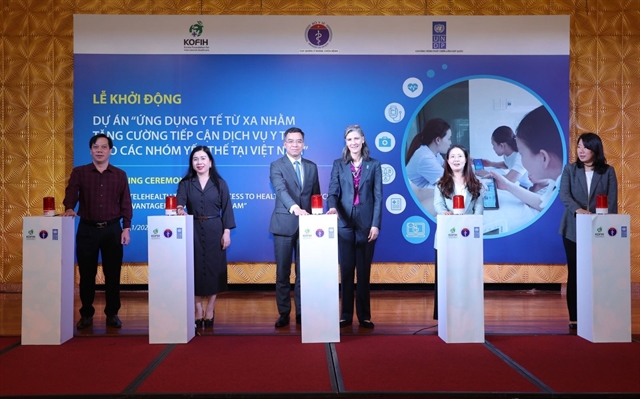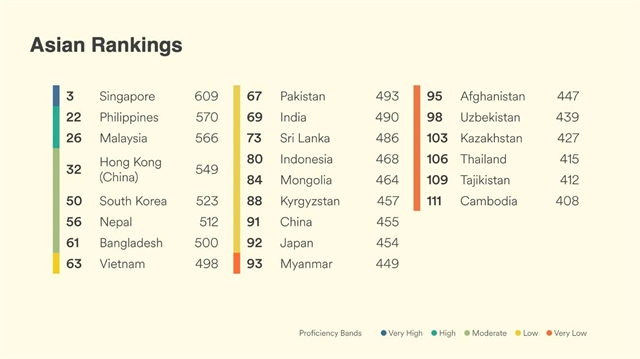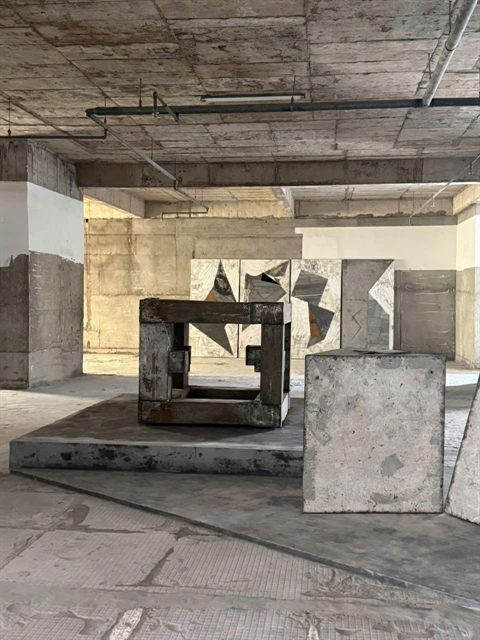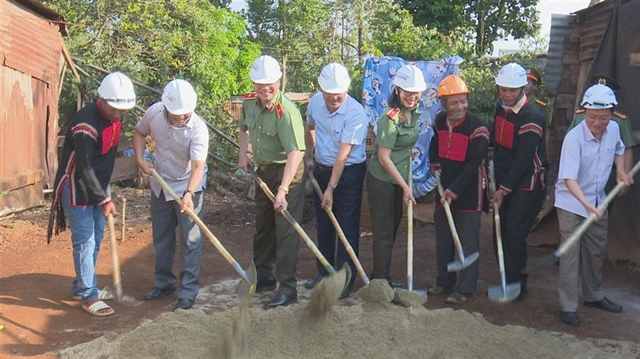 Society
Society

The centralised bidding process to procure medical equipment and other supplies for public hospitals in the capital city is floundering on disagreements over quality and pricing, local reports say.
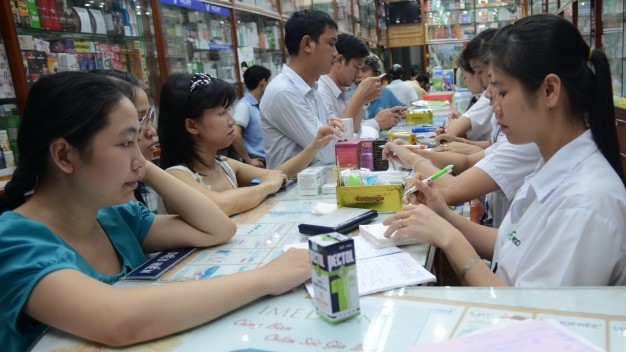 |
More than two months after two joint-ventures were chosen in July and September by the bidding process, several hospitals, an estimated 30 per cent, are yet to conclude negotiations with the suppliers. — Photo tuoitre.vn |
HÀ NỘI — The centralised bidding process to procure medical equipment and other supplies for public hospitals in the capital city is floundering on disagreements over quality and pricing, local reports say.
More than two months after two joint-ventures were chosen in July and September by the bidding process, several hospitals, an estimated 30 per cent, are yet to conclude negotiations with the suppliers.
The negotiations are many stuck in disputes relating to technical specifications, origin and high prices.
The two bids for medical equipment and supplies were organised by Centre for Public Asset, Financial Information and Consultation under Hà Nội Department of Finance.
They were were won by two joint ventures: one between the Vietland Import and Export Company and BMS Medical Technology Joint Stock Company in July; and the other between Armephaco Joint Stock Company, Lake Side Việt Nam Trade and Investment Co. Ltd, Việt Thái Trading & Service Co. Ltd, and UniPharma in September.
However, as of now, only 70 per cent of registered hospitals have signed supply contracts with the two joint ventures. Several others, including the Hà Nội Heart Hospital, say they have only completed the first round of negotiations
The hospital’s representative said they appreciated the aims of the centralised bidding process, namely, ensuring transparency, quality and good prices.
However, he told the Tiền Phong (Vanguard) Newspaper that that process has been tardy and there were inadequacies with quality certification as well as certificates of origin. Moreover, several supplies and equipments do not meet the hospital’s requirements, he said.
In a meeting late last month the hospital, senior officials of the Centre for Public Asset, Financial Information and Consultation blamed the slow process on the large numbers involved of equipment (more than 5,200 kinds from 79 suppliers) involved and the lack of experience in medical procurement.
The Hà Nội Department of Health has emphasised the significance of carefully scanning certificates of origin and quality before signing contracts, they said.
The hospital has requested the presence of the centre’s representatives in negotiating with the joint ventures to ensure a reasonable bid price. And if they can provide required equipments and supplies with adequate certificates, the hospital can sign two to three contracts, the representative said.
Meanwhile, as a financially independent medical facility, the Hà Nội Heart Hospital has also asked the city People’s Committee for permission to purchase equipment on their own so that they can maintain the quality of diagnosis and treatment.
Even earlier, in late September, Nguyễn Đức Chung, head of Hà Nội People’s Committee, had held a meeting on medical procurement where he asked hospitals to propose solutions for centralised bidding by October 15.
The Hà Nội Heart Hospital had accordingly sent a report to Department of Health, asking the Government and Ministry of Health to allow it to purchase necessary equipment on its own while continuing to negotiate procurement contracts to get the lowest possible price.
Trần Văn Chung, deputy director of Hà Nội Department of Health, said that they have received reports on medical centralised bidding from 41 agencies including several proposals asking for autonomous procurement. The department has delivered those documents to the People’s Committee, and is waiting for decisions from the Government and Ministry of Health, he said. — VNS




